How it works
One Book, One Library At A Time
We go where we are wanted
We support communities by helping them establish libraries that can be used as educational and community centers—safe hubs where youth, children, and the entire community can meet, learn, and share. Most importantly, we do this upon a call from the community: we do not choose the communities, they choose us.
We use local knowledge and skills and respect local traditions
We assist communities in refurbishing their chosen library spaces, providing books in local languages, school materials, and carefully selected second-hand books collected by volunteers worldwide. We prioritize employing local labor, creating jobs, and using local materials and expertise. In Malawi, for example, the community handcrafted thousands of bricks for the library, while local carpenters built shelves and furniture.
We engage elders to help decide the library’s location and ensuring cultural relevance, while involving children in decorating, making the project a true community effort. This fosters a deep connection to the library before it even opens.
Whenever possible, we collaborate with local and international NGOs to address community-specific challenges through the library.
Sharing knowledge and bringing in new opportunities
Each of our libraries is unique, shaped by the interests and needs of the surrounding community. We actively support local initiatives by integrating the library into ongoing activities. In Tanzania, you’ll find a library full of beekeepers, while another focuses on educating teenage girls and supporting them in league basketball. In Kenya, our library helps boys from the streets play soccer and study with their coach-turned-teacher. In Uganda, a library in an eco-village educates locals on plastic waste, over-fishing, and permaculture. By working closely with communities, we ensure that libraries become hubs for skill-building and empowerment.
One size does not fit all
Our libraries are in schools, foster homes, people’s homes, remote villages, as well as overpopulated slums and townships. Most of them are situated in rural areas or at the outskirts of important urban settlements, providing a safe space for classes and educational activities—crucial in promoting fair education. The community owns, manages, and cares for the library, ensuring that valuable life and learning skills are passed on to future generations.
The library is only a beginning
We continuously research ways to help our libraries grow and adapt. We design workshops on health, income generating activities, business… For example, in several libraries across Uganda, Zambia, and Tanzania, we conduct workshops on making reusable sanitary pads—covering menstruation education, myths, contraception, and small-scale business opportunities.
Many libraries welcome international volunteers who bring fresh ideas and activities, enriching the community’s educational experience. However, not all libraries can host volunteers, so those interested should refer to individual library profiles for details.
Through these efforts, the Bookfeeding Project builds lasting connections with communities, empowering them through education. Do you want to be part of this? Join us!
